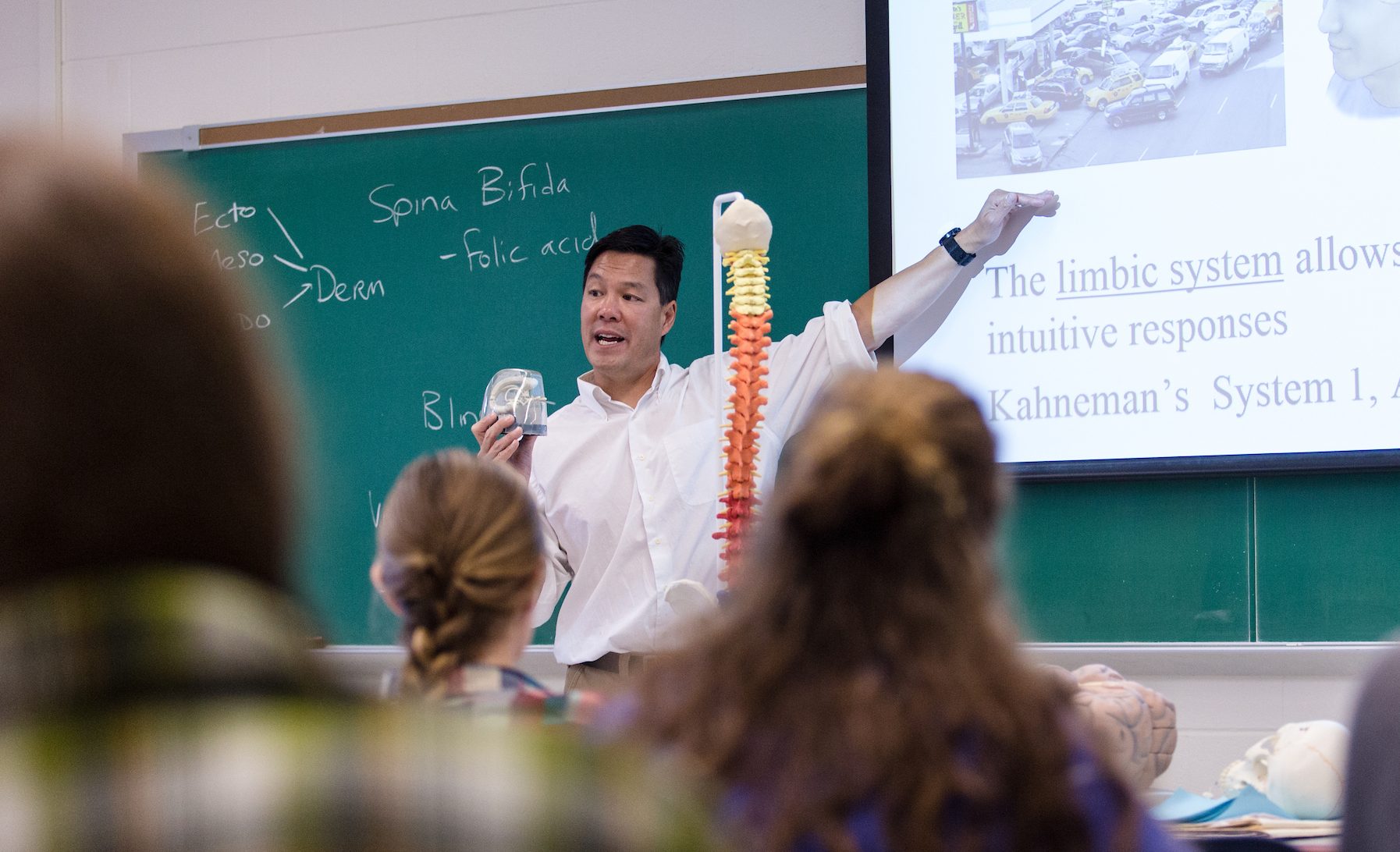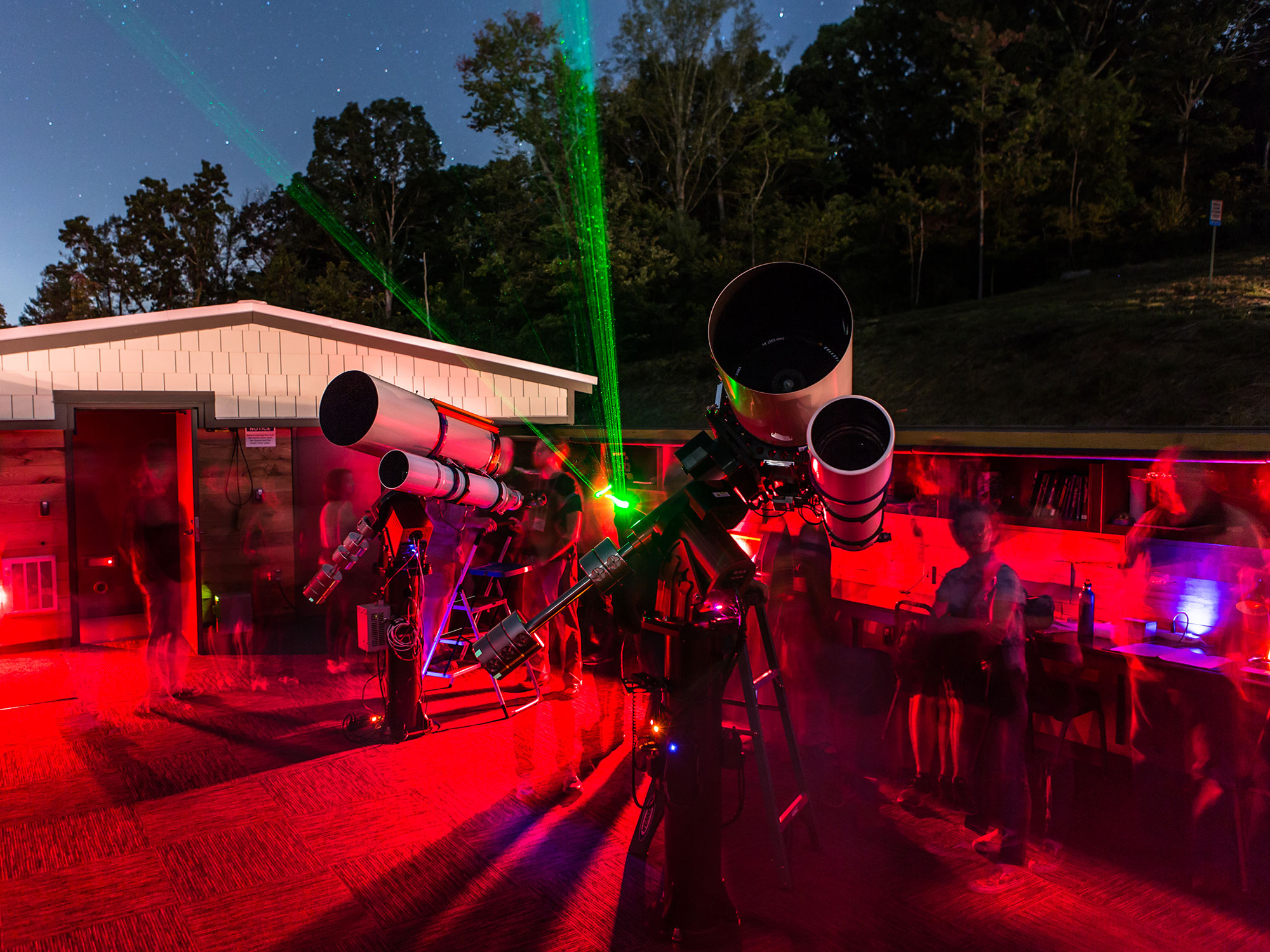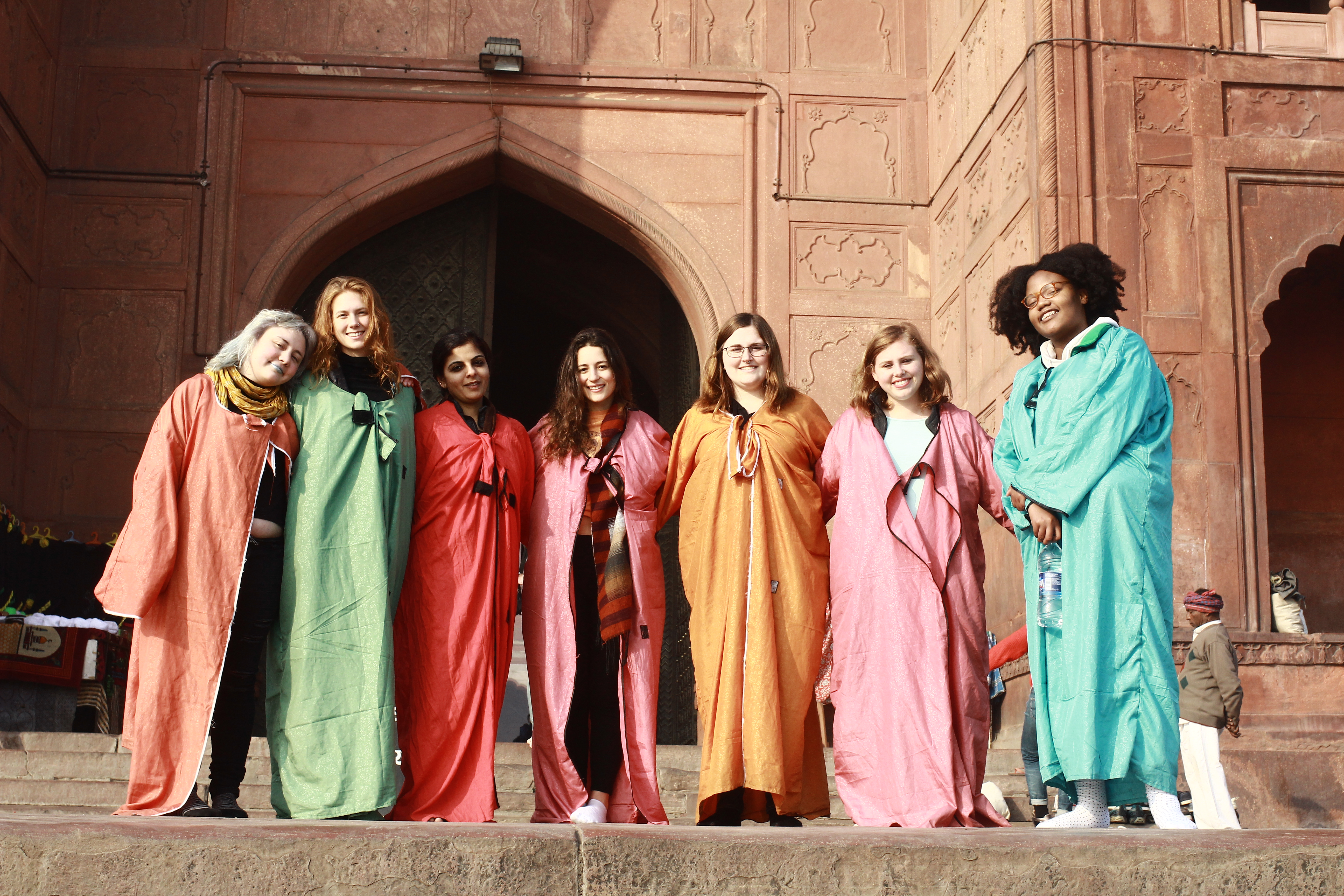UNC Asheville’s Human Rights Studies minor was created to provide a course of study fostering critical and creative thinking, and comprehensive knowledge about human rights locally, nationally, and internationally. The Human Rights Studies program is administered by the Political Science department and draws content, methods and skills from across the disciplines.
The program highlights the philosophical and political tensions inherent in human rights discourse and action, and also promotes unique student opportunities for undergraduate research and engaged scholarship in human rights, helpful to careers in areas such as public policy and administration, education, human services, humanitarian aid, business, journalism, law, criminal justice and law enforcement.
Coursework in Political Science, Anthropology, Sociology, Economics, History, Literature, Philosophy, and a variety of interdisciplinary programs is incorporated to help elucidate and explain how various human rights concepts have emerged, evolved, been codified and implemented (often selectively and incompletely).
The Human Rights Studies minor requires a minimum of 18 semester hours including one course from HRST 201, INTS 214, PHIL 214 or POLS 388. The additional courses should be chosen from applicable courses in a wide variety of disciplines with the approval of the program director. No more than three courses can come from any one discipline, and no more than two courses can be used from the student’s major or other minors. Students are encouraged to include a human rights-related undergraduate research project, community-engaged scholarship project, internship, and/or study abroad experience, approved by the director of the Human Rights Studies minor, as part of their program of study.









